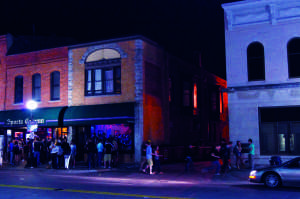
Beer cans litter the ground and the bars are easily detectable by the lines that wind from the front door onto the sidewalk outside. It is a Friday night in downtown Iowa City, and the party scene is on.
Recently, a Princeton Review ranking highlighted this aspect of UI student life. The U of I appeared as number two on a list of the top twenty party schools. While the University is a separate entity entirely from City High, City High students have commented on the influence that this party culture has on their high school experience.
“I have friends at the University so I’ve stayed in the dorms with them and gone out with them to parties,” one City High senior said. “I guess everyone does have closer access, and teenagers, people from our school, will say that they’re going to a college party, or they’ll just go to parties downtown because they’re there.”
While students attest to the presence of drinking at the University, UI spokesman Tom Moore debates the validity of the recent ranking.
“It was puzzling, because we don’t understand the criteria used by the Princeton Review, and we have no indication that the survey has any validity or accuracy,” Moore said.
Describing past experience with this survey, Moore referenced the leap up from the ninth-ranked party school following the 21-ordinance. He also cited recent data from the National College Health Survey showing record-low drinking levels among students who drink routinely.
“There are fewer arrests for public intoxication amongst students,” Moore said. “It just doesn’t seem to match with the objective evidence we’ve seen.”
Despite Moore’s objection to the accuracy of this student-based survey, he does recognize that drinking remains a work in progress at the University.
“Clearly there is still work to be done, but also there are some very positive signs,” Moore said. “These parties or celebrations occur on every campus. The University of Iowa is certainly no exception.”
MECCA, a community-based organization which offers substance abuse and behavioral health services, weighed in on the issue. MECCA vice president Shannon Wagner commented on the presence of partying and alcohol at City High, prefacing her statements by acknowledging the intrinsic relationship between high school students and experimentation with alcohol and drugs.
“It’s a common thing, and not just because it’s City High,” Wagner said. “It’s because at any school with high schoolers, it’s just a common issue for teenagers that they’re dealing with trying alcohol and drugs.”
Wagner went on to describe how, despite the natural experimentation that is bound to exist at any high school, the University’s reputation as a party school does have a definite impact on City High students.
“With the University, when you grow up here, you certainly see a lot of drinking,” Wagner said. “It’s kind of tough when you’re being told you’re under 21, you’re not allowed to drink at all. It’s kind of a mixed message.”
City High MECCA contact William Batten expressed a similarly mixed perspective on the effect that alcohol at the University has on City High students.
“Sometimes people in the community have misconceptions about the amount of drinking at the University,” Batten said. “I’m not saying it’s not a problem. The University is well aware, and they have undertaken a lot of efforts to change the behaviors.”
But Batten also expressed the belief that University drinking has the power to shape the experience of high school students.
“The perception that all college kids drink puts a lot of pressure on high school students to feel like that’s something they need to do to be successful, or a rite of passage,” he said.
Batten also echoed some of Moore’s sentiment, commenting on the damage of the Princeton Review’s ranking, as internalized by high schoolers.
“The main thing that concerns me is that people’s perception about what happens at the University can create a culture where it is okay to drink; it’s permissible, based on rankings that are not based on factual evidence,” Batten said.
It is not only MECCA authorities commenting on this influence. City High students attested first hand to the impact of alcohol at the University on their own experience of partying.
“If I wasn’t in Iowa City, I probably wouldn’t have been to house parties before,” one senior said. “The people [I] work with are all [University] students, so they have parties.”
Another senior described a similar situation.
“The people I work with, they party a lot, so I hear about parties and I’ll hang out with them sometimes, and I go to a few parties,” this senior said.
Questions remain about the accuracy and reliability of the Princeton Review’s survey-based ranking. Yet, according to both MECCA officials and City High students, there is no question about the impact of the UI party culture on CH students’ relationship with alcohol and partying.
Princeton Review methodology: http://www.princetonreview.com/how-we-do-it.aspx








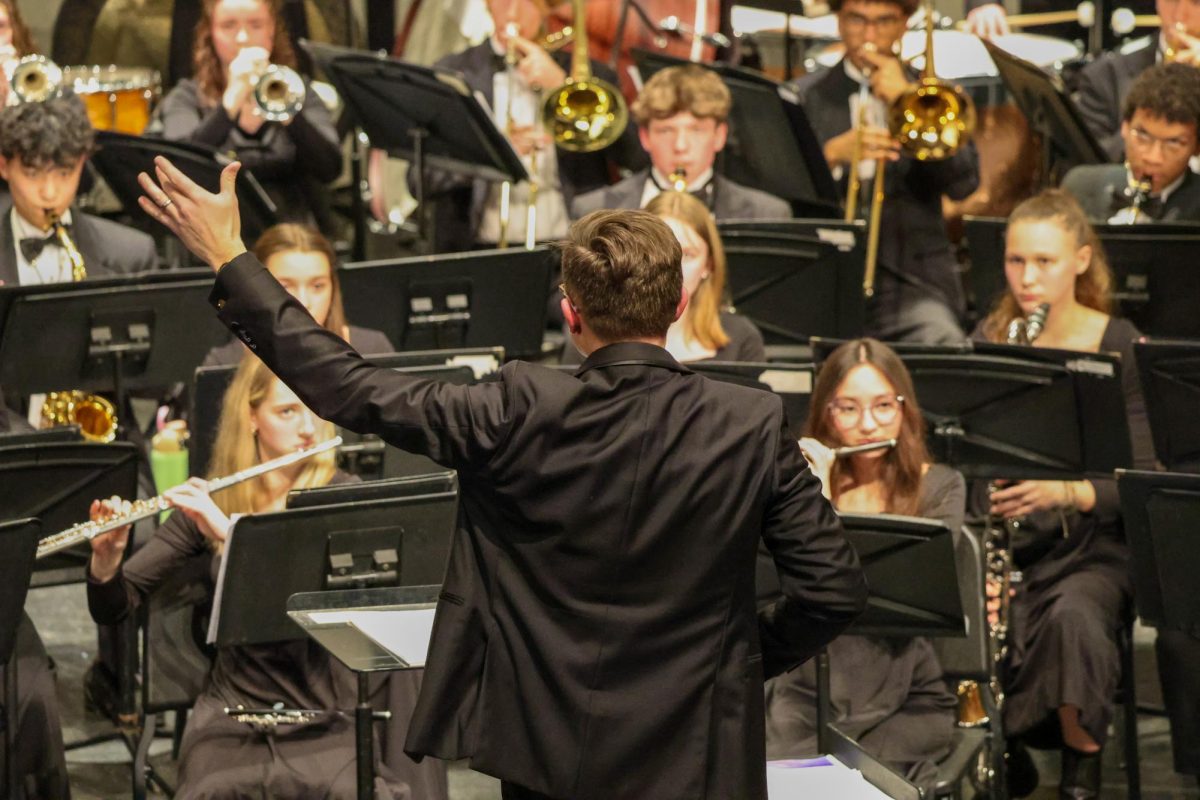





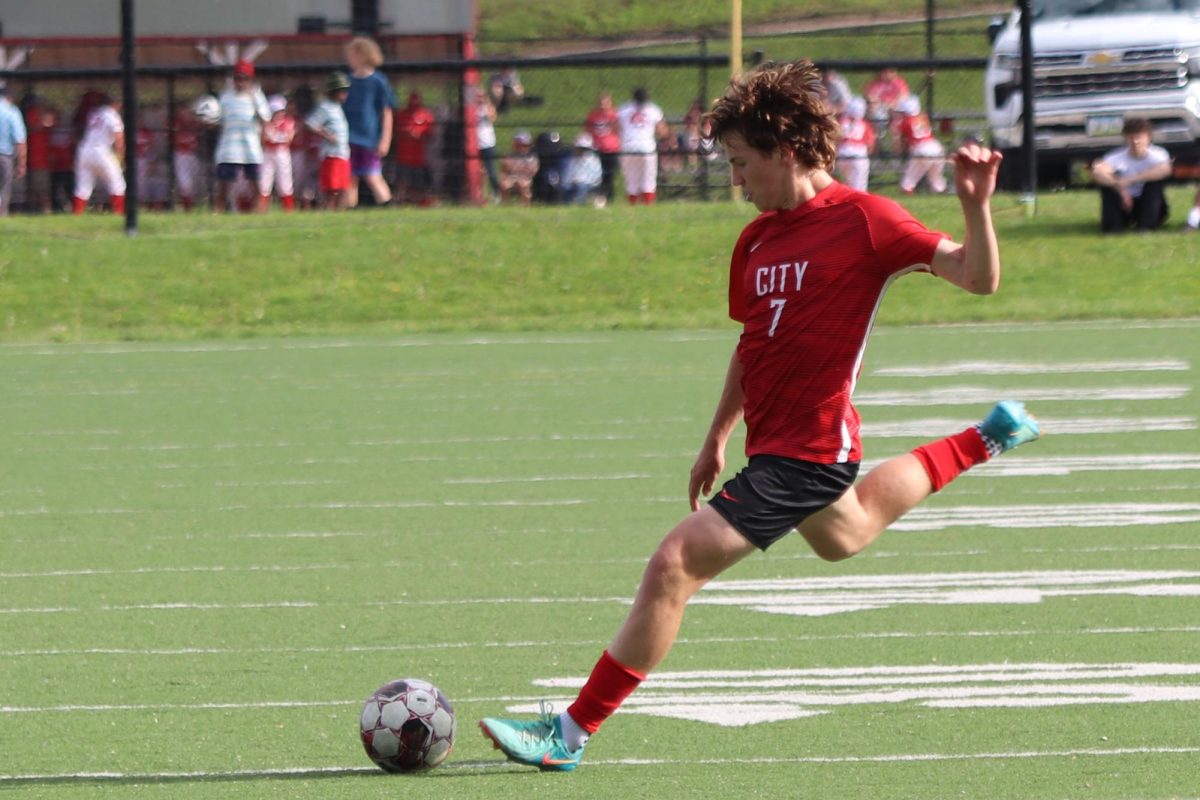
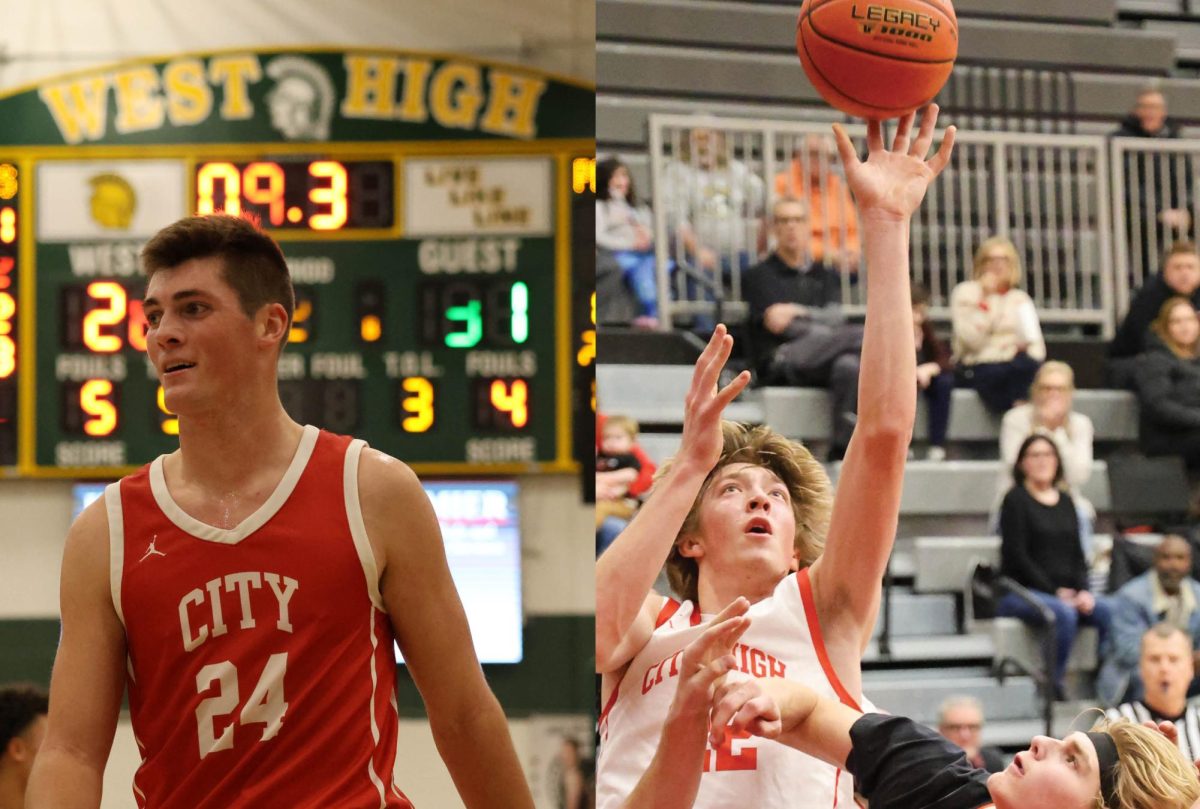
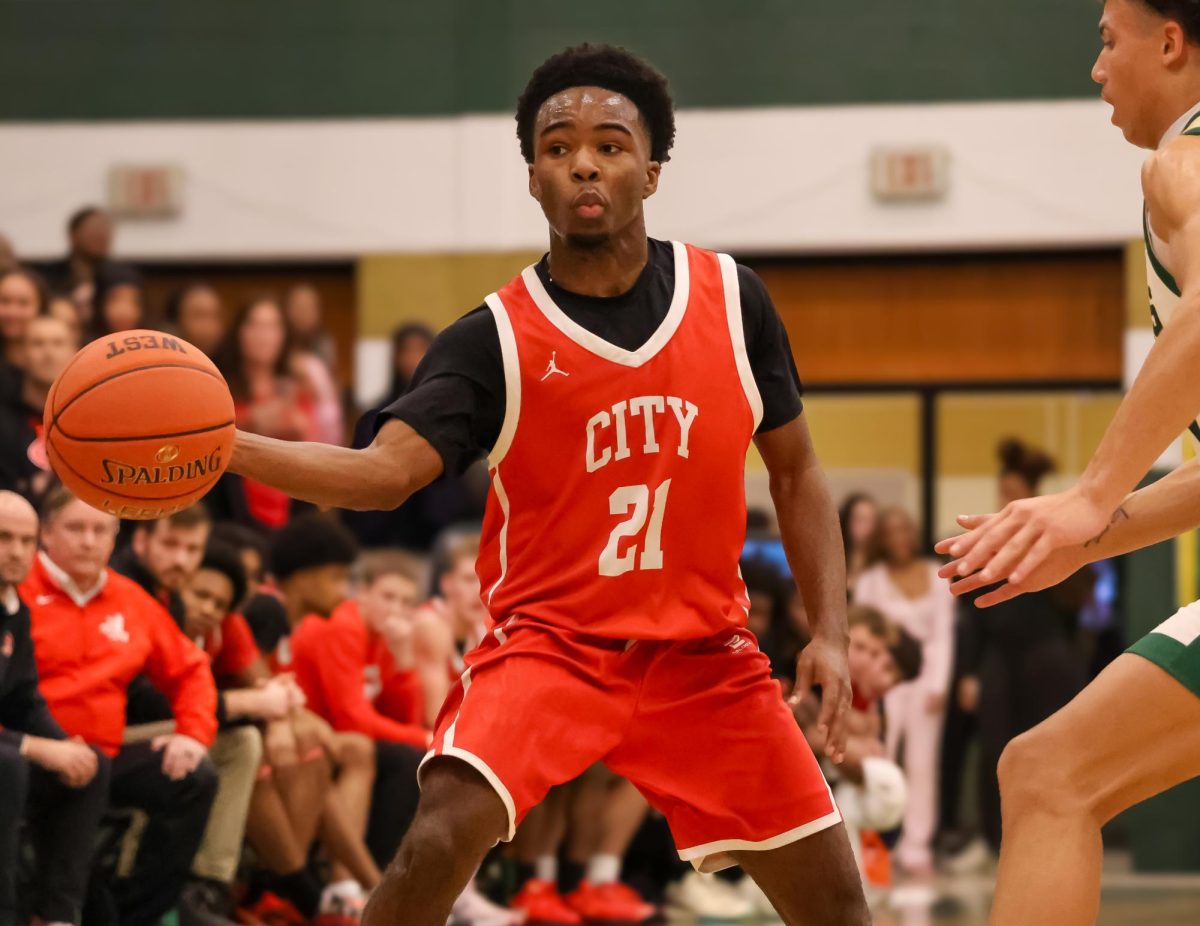


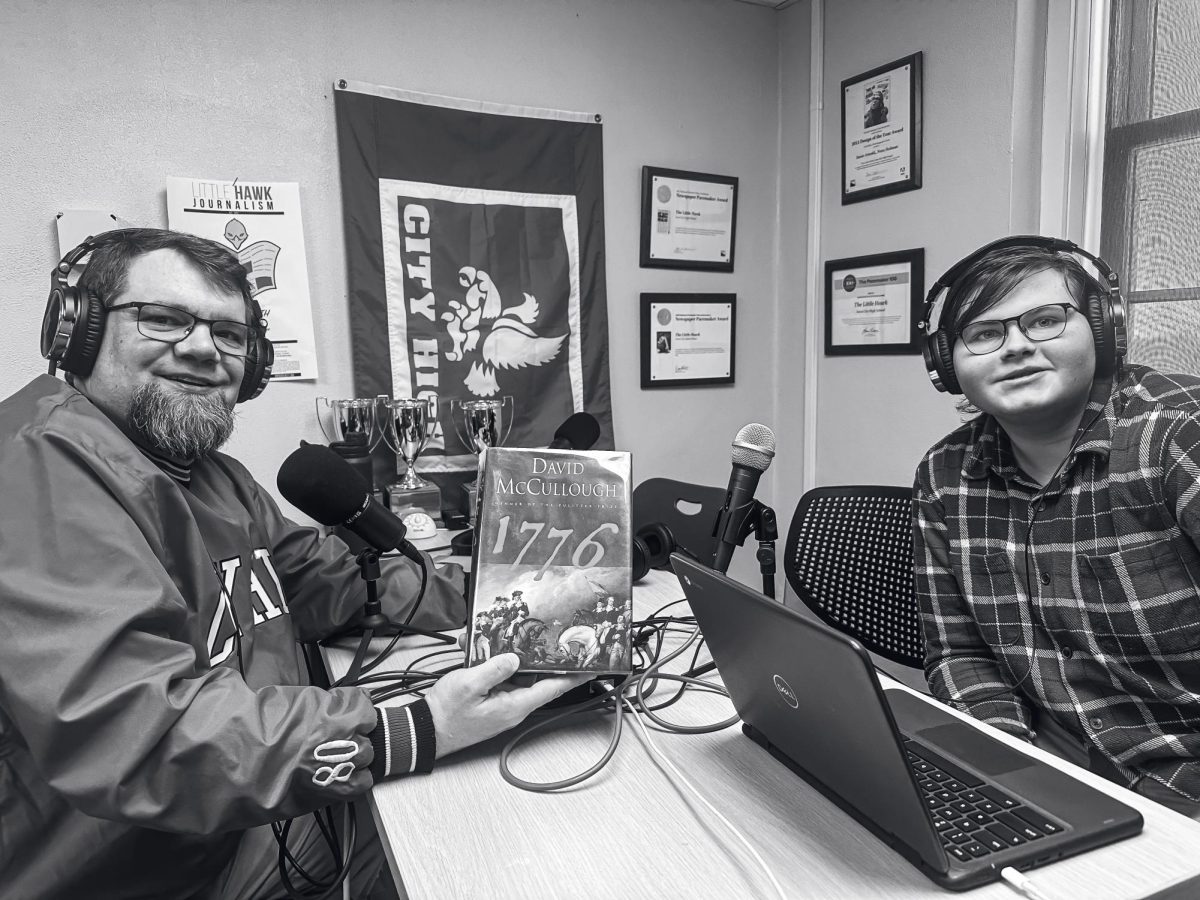
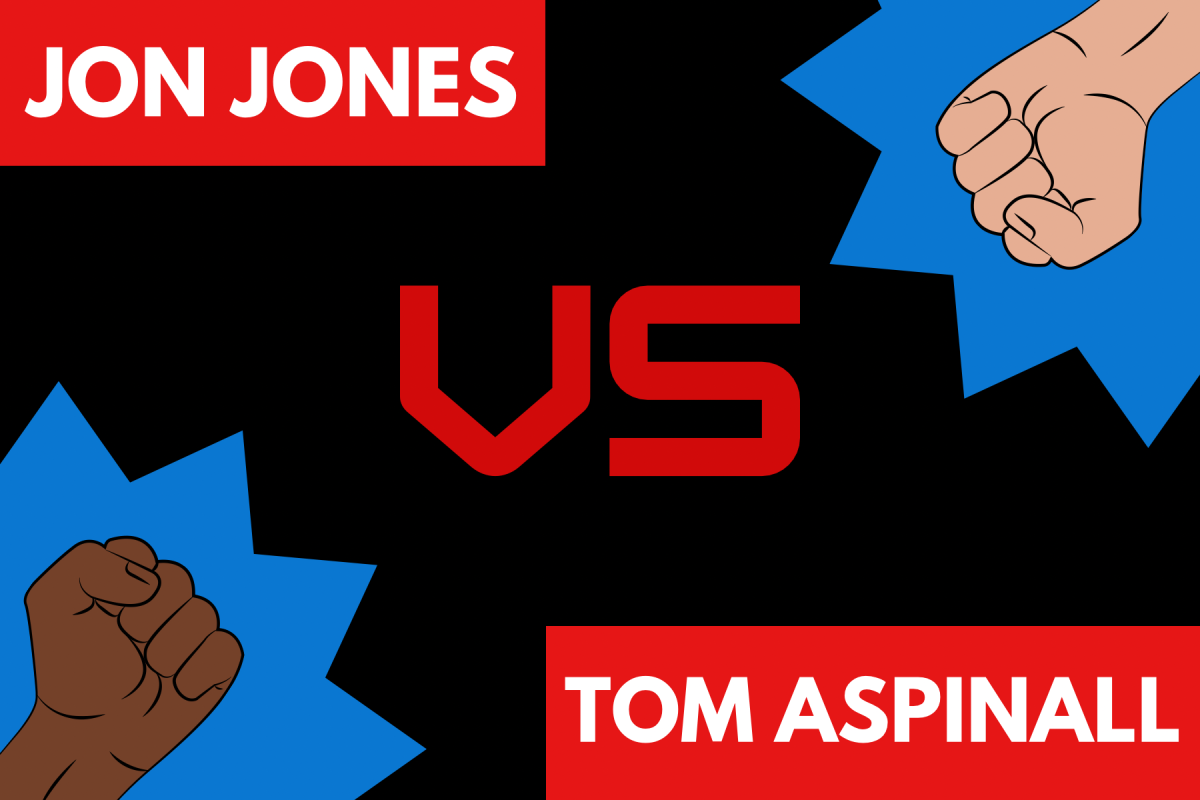



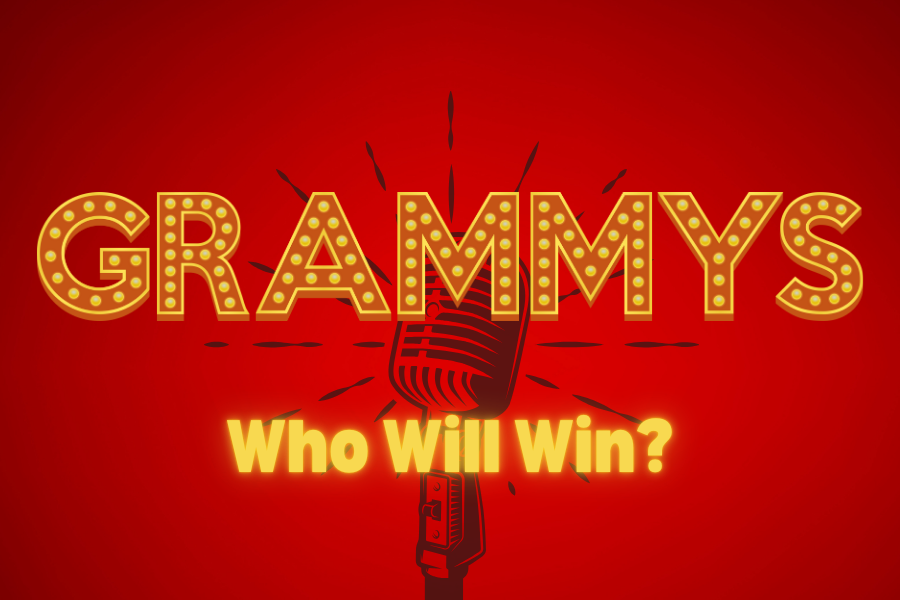






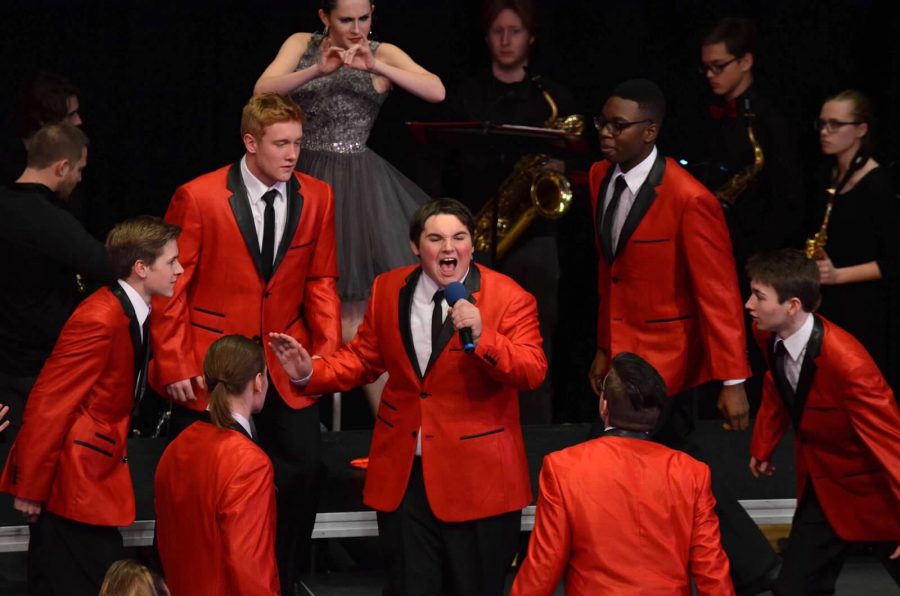
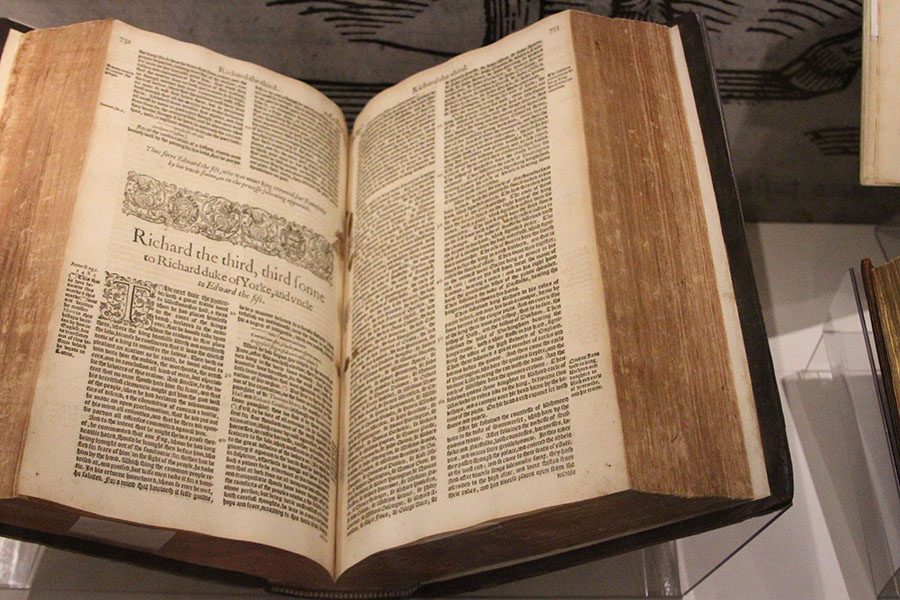
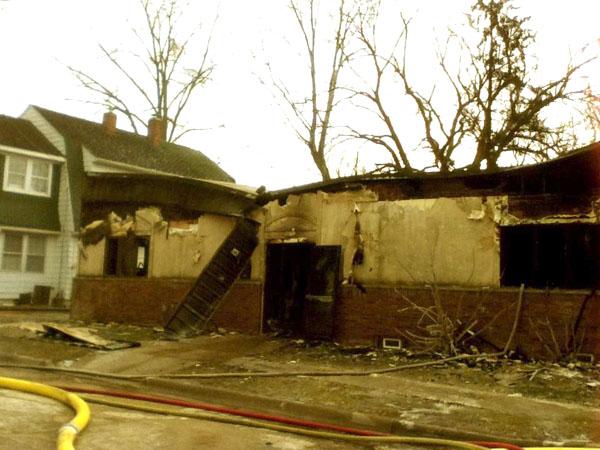



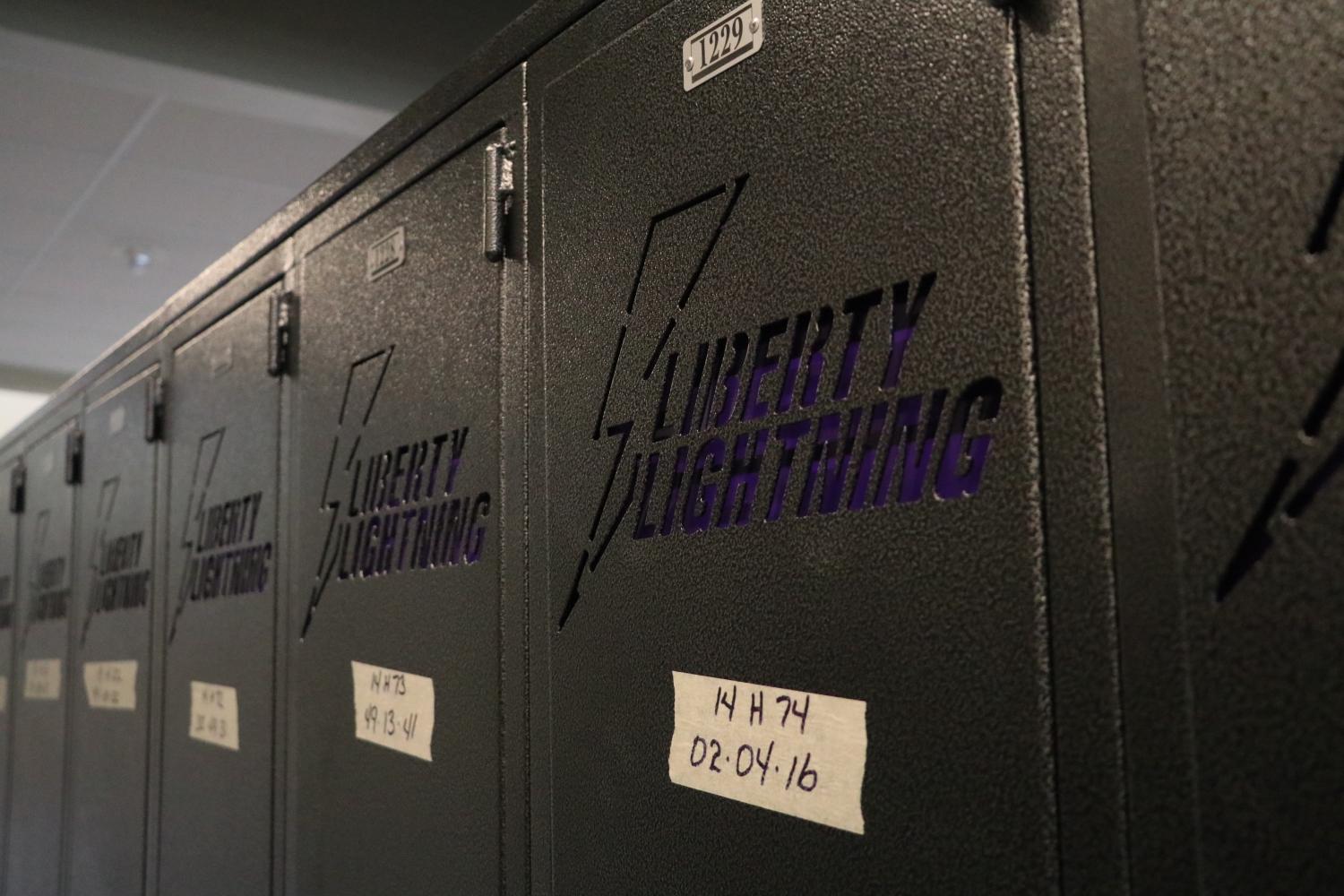
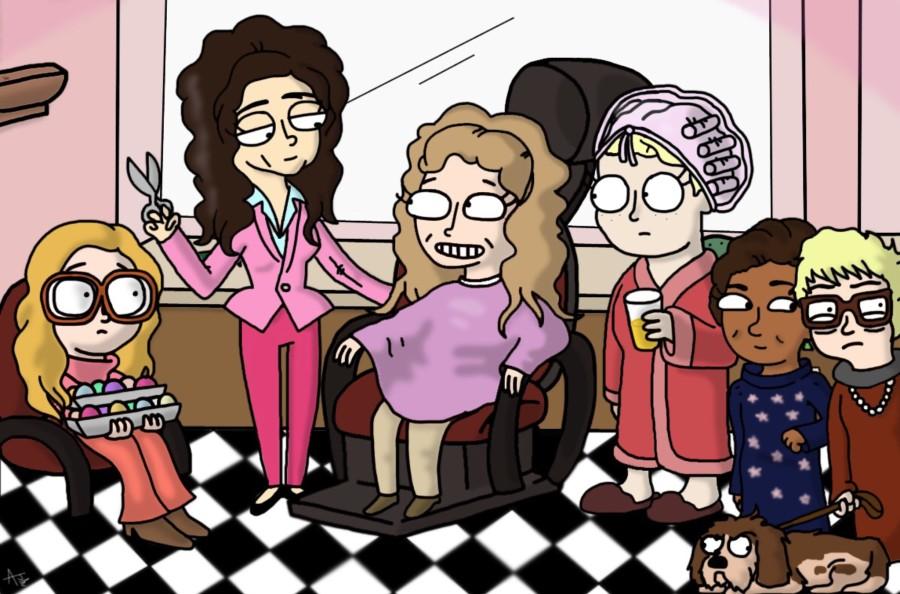
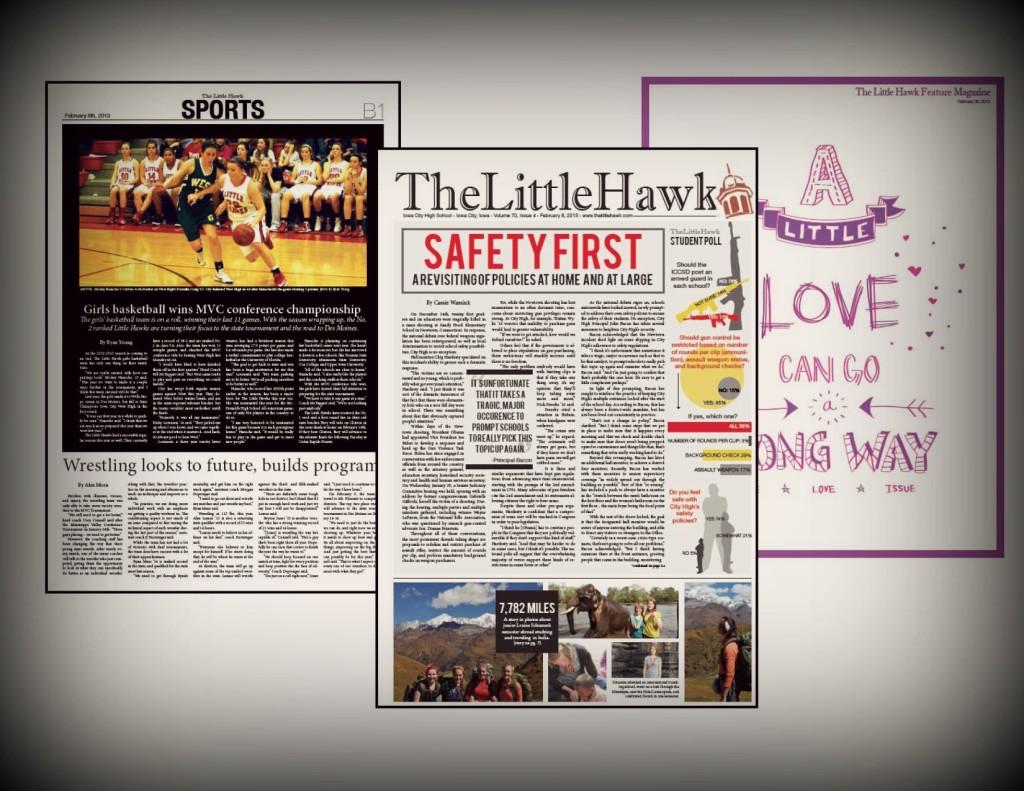
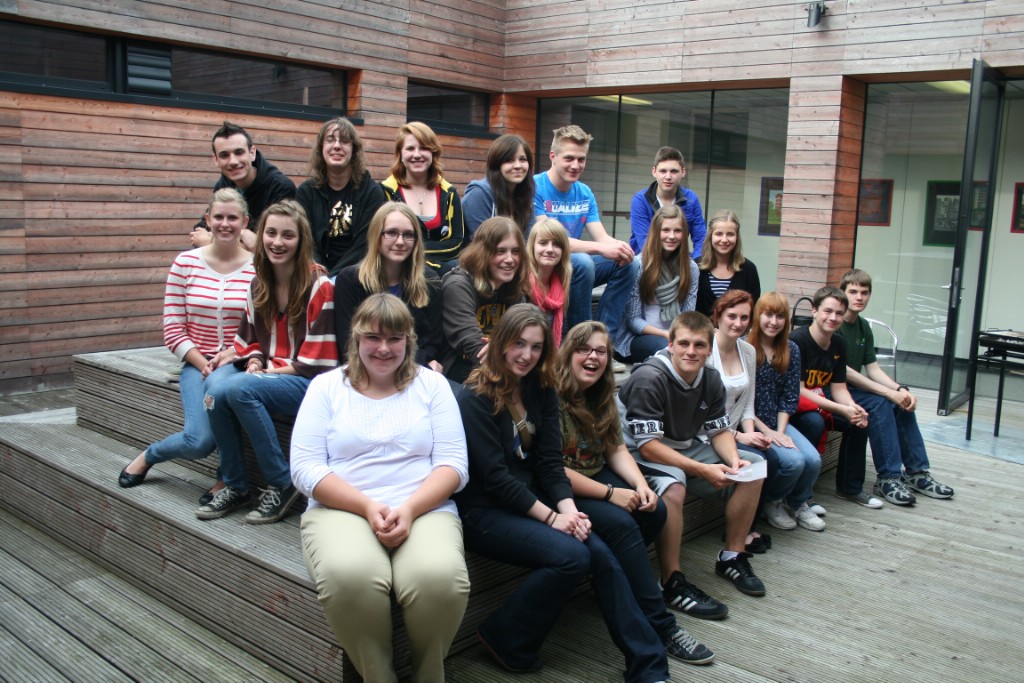
![ICCSD School District Map [art by Juliette Enloe]](https://www.thelittlehawk.com/wp-content/uploads/2012/09/Redistricting-Map-1024x626.jpg)